How to get your sprout to love sprouts
Halloween is coming up, which for kids means one thing: lollies. While it’s great fun to dress up and go trick-or-treating, the focus on sugar and lots of it is not so great for growing bodies. What growing bodies – and bodies of all ages – really need is fresh, whole foods rich in vitamins, minerals and antioxidants. The most nutrient-dense whole foods of all? That’s gotta be vegetables. But currently, only around six percent of Aussie kids aged from two to 17 are eating the recommended daily serves of vegies.
For frustrated parents who’ve tried and failed to get junior to finish his carrots and broccoli on countless occasions, it can feel futile to try to get your kids to eat more of the good stuff. Luckily some experts in food and nutrition are in Aussie parents’ corner, developing a range of resources to help get more vegies into children’s diets.
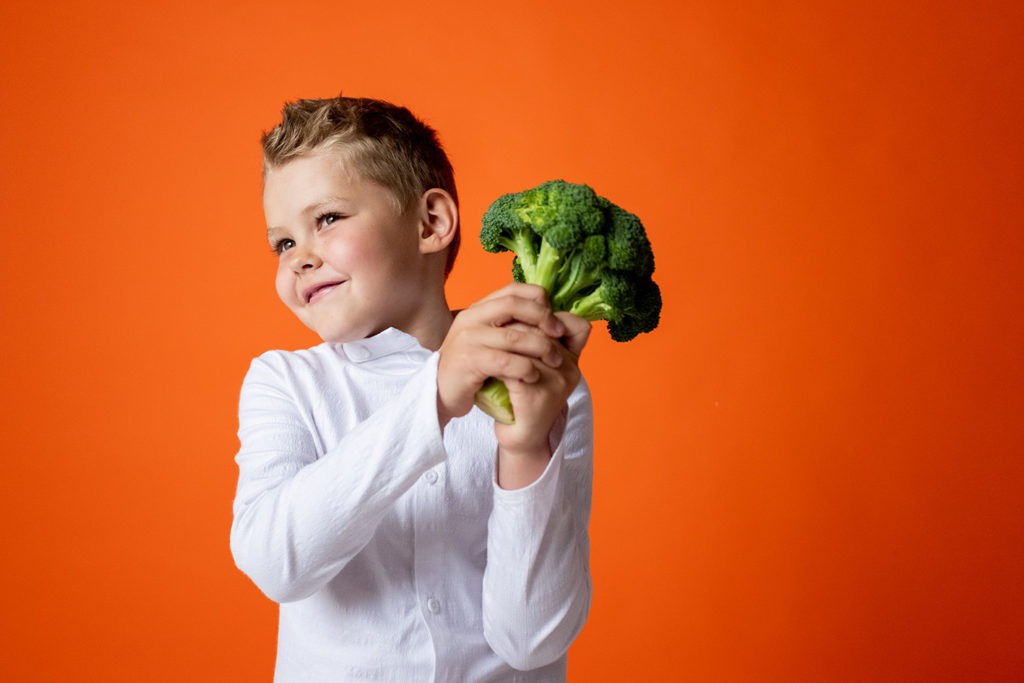
Got the skills?
Healthy eating isn’t just about what you serve your family at meal times. Helping your kids to learn essential food skills can help to develop and support healthier dietary patterns that can hold the key to lifelong physical and mental health.
To help children shop, prep, cook and eat their way to a healthier life, Sanitarium has joined forces with dietitian Themis Chryssidis and Masterchef fan favourite Callum Hann from Adelaide’s acclaimed Sprout Cooking School to develop a new initiative – 12 before 12.
12 before 12 encourages families to empower primary-school aged kids around meal selection and food preparation. It challenges kids to learn 12 essential food skills before they turn 12, with the aim of making healthy eating easier and enjoyable for life.
The program also reinforces the importance of family meal times as an opportunity for parents to model healthier eating behaviours and provide kids with a much-needed opportunity to reconnect after a busy day at school and play.
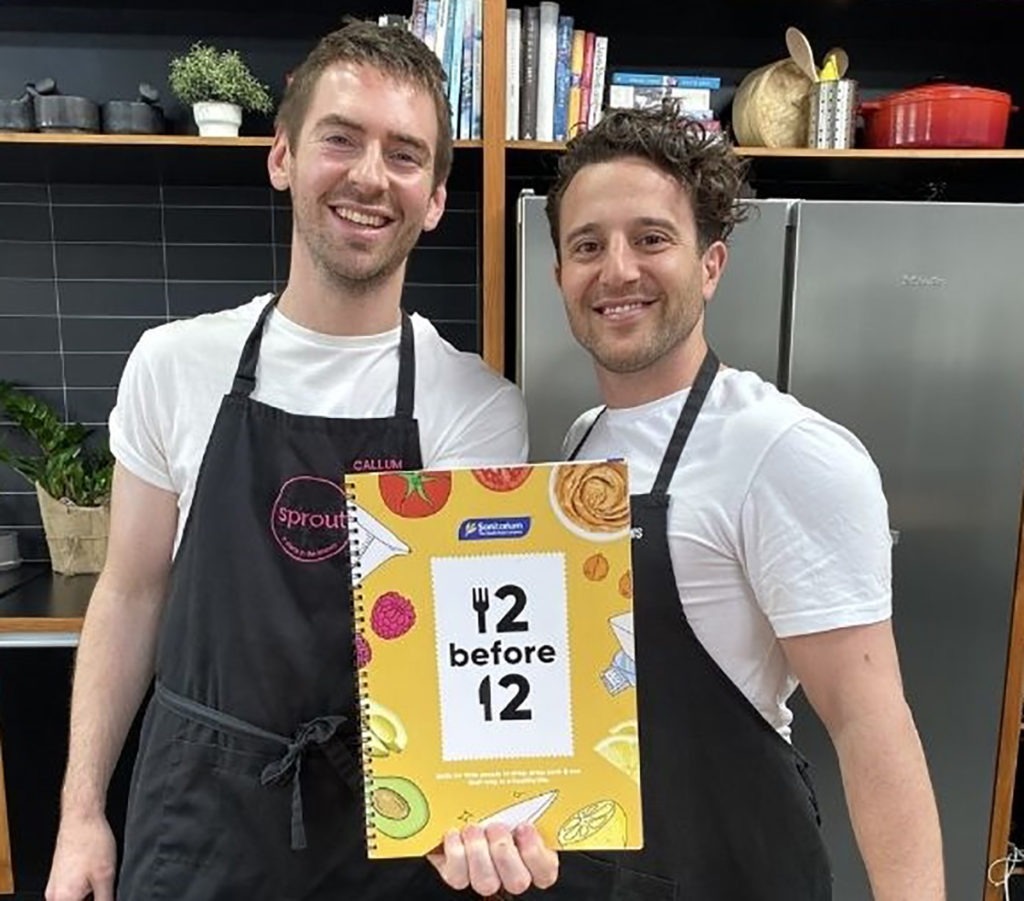
In helping identify the 12 skills, Chryssidis says they were guided by a mission to simplify healthy eating advice: “Somewhere along the way, the healthy eating message has got so complex,” he says. “We’ve become overly focused on looking at food through the lens of nutrients or kilojoules – the micro detail – that we’ve lost sight of the bigger picture behaviours that make healthy eating intuitive.
“12 before 12’s simpler message is: eat mostly whole plant-based foods, drink mostly water, cook more at home – and for kids, find ways to sprinkle in some fun.”
Grouped into four key areas, the 12 before 12 skills cover the complete food journey from planning meals and choosing nutritious options at the shops through to the hands-on tools and techniques children need in the kitchen and the social behaviours that make mealtimes a positive experience for the whole family.
These food skills form the basis of a new cookbook, available as a free digital download from the 12 before 12 website.
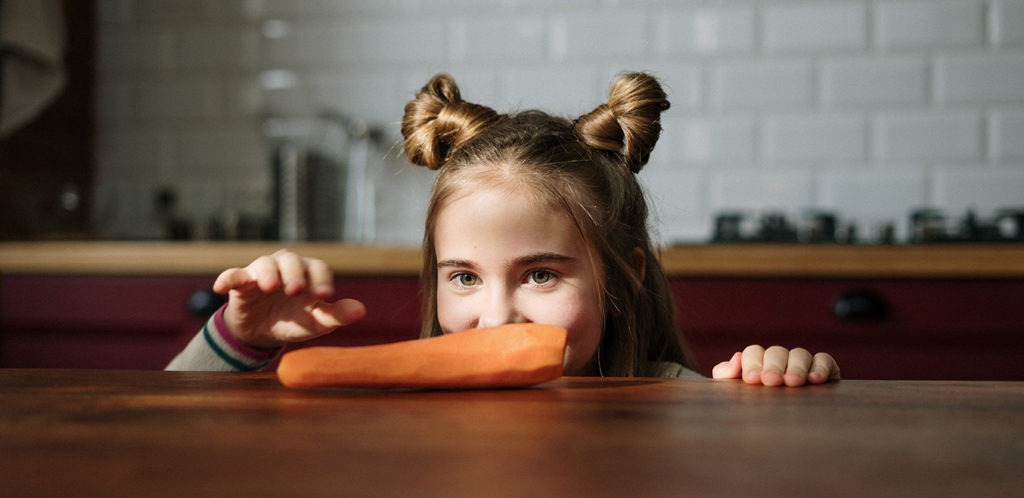
Building healthy eating habits outside the home
You can’t be watching over your kids all the time, which is why the CSIRO, Flinders University and Nutrition Australia are working to help parents by supporting key settings such as day care centres and schools to increase vegie intake in children.
The project partners have released VegKIT, a collection of new resources that provide practical strategies, insights and guidance to inspire educators and carers, as well as policy-makers, food industry and vegetable growers.
“We have parents coming to us telling us of the struggles of mealtimes at home,” says Julie Lemmon, Healthy Eating Leader and Centre Cook at Clarendon Street Childcare Centre in Melbourne. “But the fact is, a lot of the children in our care are here for six to 10 hours a day. It shouldn’t be on parents alone.”
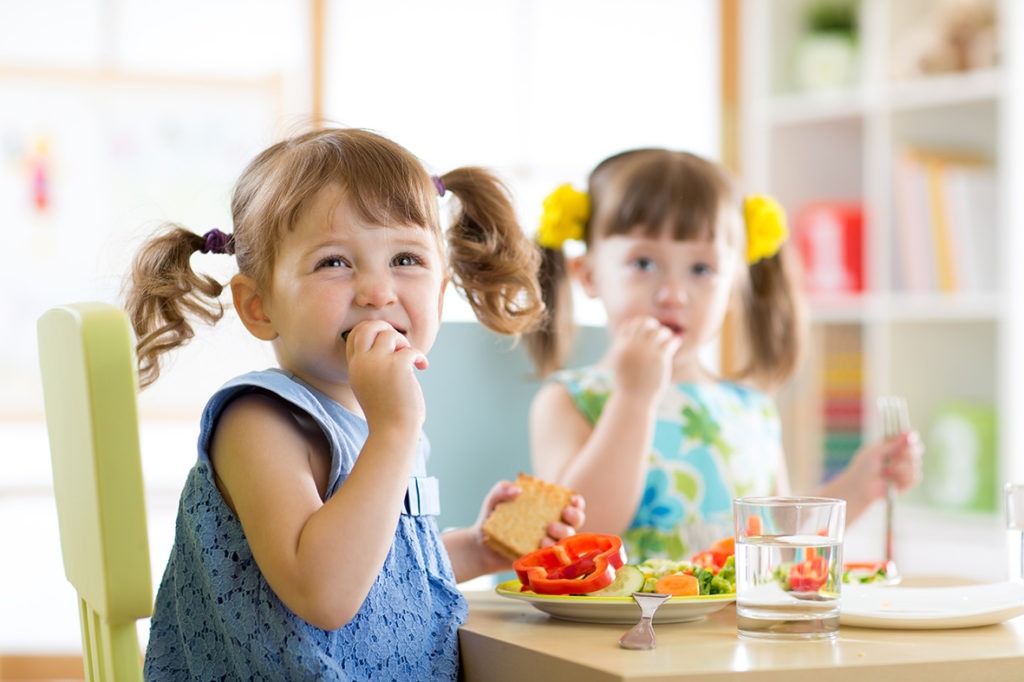
Currently, two million children aged 0-12 years attend formal care, and majority of their daily meals and snacks are provided there. This means care environments play a pivotal role in a child’s acceptance of vegetables.
At the moment there’s little guidance available on what strategies are likely to be successful in getting kids to eat more vegies. VegKIT’s aim is to give people who work with children in eating environments some sustainable solutions and strategies.
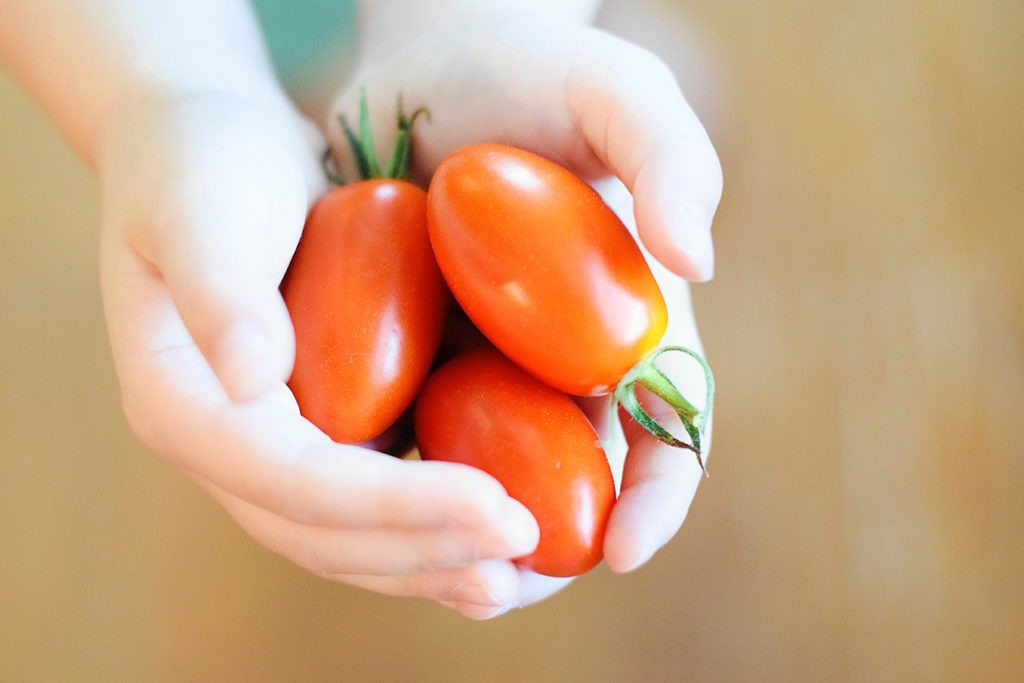
Not only does establishing a love of veg set up children for a healthier adulthood, ensuring each child is eating an additional half-cup of vegies each day also provides benefits for vegetable growers and a flow-on effect for the economy.
“We know as growers we’re contributing to the health and wellbeing of Australian kids,” says Catherine Velisha, CEO of Velisha Farms. “In return, there’s potential to raise demand for fresh produce by 19,000 tonnes per year if every child increases consumption by greater than half a serving. That’s worthy of our efforts.”
The new VegKIT guides are all available free of charge and can be downloaded on the refreshed VegKIT website.









